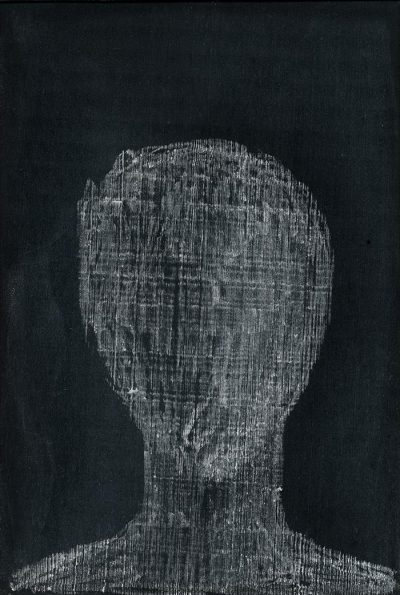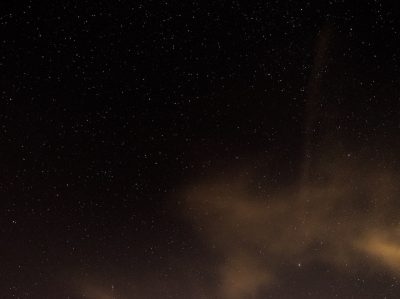Archival Features
A fresh look at poems and essays previously published in the print edition.

“Super Villains”

Diet Mountain Dew

“When I Whistle This Tune”

“Fishing for Icarus”

Origin

“The Earth Itself”
Five Early Poems
“Letter from a New England Girl”
“Postcards from Ponza, The Prison Island”

Two Translations from Giovanni Giudici

